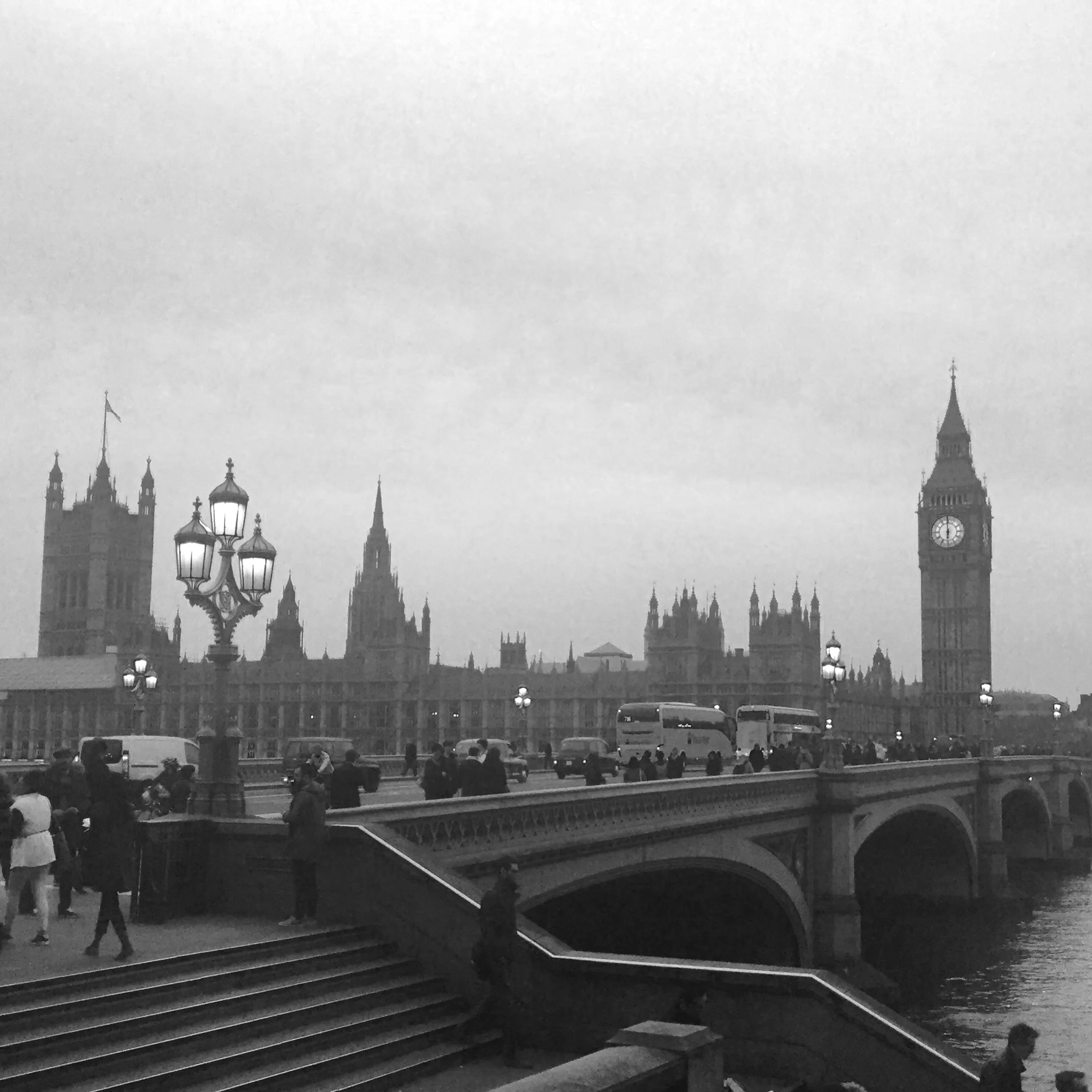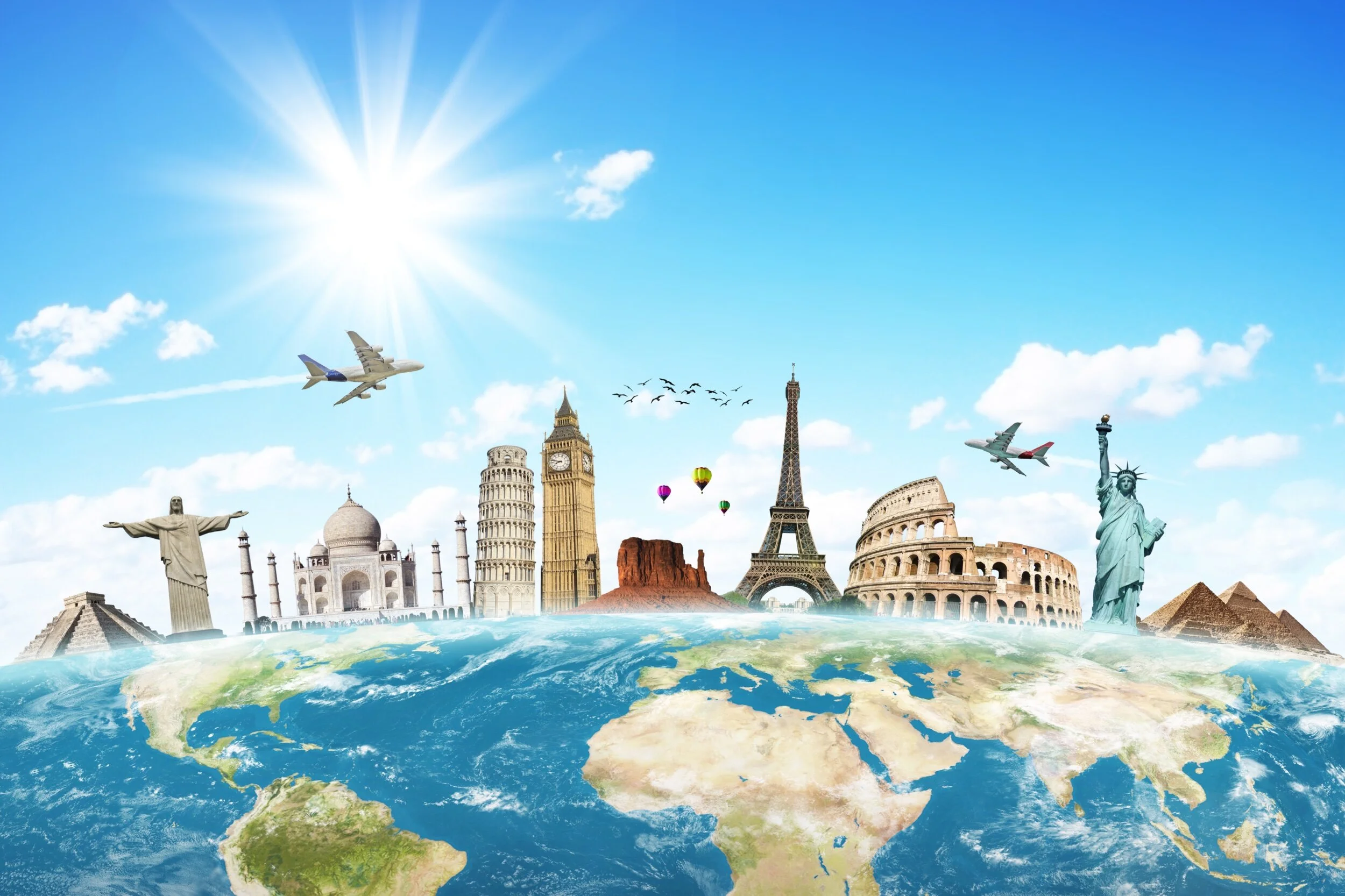Plane Pause - Does COVID19 Change Travel Beyond The ‘Lockdown’ ?
One of the more unusual things I’ve learnt during these strange times is quite how popular Peru is as a destination for UK leisure travellers. Throughout the latter weeks of March, Twitter was full of Brits trapped seeking assistance and the British Foreign and Commonwealth Office arranging multiple British Airways repatriation flights.
One 18 year old student appeared on the news, stuck on lockdown in some remote Peruvian village days away from the capital. I hope he made it home.
It got me thinking about our love for, but also perhaps our blasé approach to, travel. At any one time over a million Brits are overseas. Judging by the repatriation efforts of other countries that’s not unusual. We love to travel and we now travel more and further.
Economics have played a massive factor. In 1955 to fly from London to Perth, Australia with Qantas (the ‘Kangaroo Route’) in today’s money would have cost you just over £18,000 return. Today you could do that for around £1,000. Bigger planes, lower fares.
Destinations which would be a long-weekend we do in a night, fortnight destinations have become 5-day affairs. The annual holiday has been replaced by 3 with any celebration providing a rationale for travel. Everywhere seemed safe, easy and reachable.
Cheap airfares matched with the gig-economy lowering the costs of ground transportation when we get to our destination and making accommodation much less expensive often result in a cheaper weekend 700 miles away rather than 7. And of course demand fueled by FOMO - Fear Of Missing Out and a need to out-Instagram our peer group.
Our travel-lust become insatiable. But to what end.
As a friend remarked this week over virtual drinks “we travel but we don’t see”.
Airlines have either been created to meet this demand or adapted their offering to grab a share but that’s come at a price. A business model which only seems to work when everything is aligned - cheap oil, global growth, international stability. The minute one or more of these variables goes negative the aviation industry stutters.
If you wanted a poster child for this trend it would be the Airbus 380. That lumbering, charmless whale of an aircraft which only makes money when it is stuffed to the gunnels with passengers. It’s only been 15 years since it first flew and yet it was the first aircraft most airlines grounded in March, many won’t return to the skies.
COVID-19 is an unprecedented intervention into every part of the economy and in almost every country. The longer it goes on for the more damaging it will be to the fundamentals of our economy but also the bigger the impact on our future behaviour.
There will not be a rapid return to ‘business as usual’. The ‘snow globe’ has been well and truly shaken and if you look at the revised growth figures for aviation the pessimism goes well into 2023 for many carriers.
But there could be a silver lining. We as passengers (and I include myself in all of this) have long since entered into a Faustian pact with the airlines. We gave tacit approval for amenities to be stripped away, the proposition diluted which ended with the densification of aircraft where some business class is less spacious than economy seats from the 1970s. In return we got cheaper flights and shrugged our shoulders in acceptance.
Only we didn’t really accept it. We grew to hate the flight whereas it used to be a highlight.
So what do I predict ? I have a hunch we will see;
less airlines
smaller airlines
better paid staff
less routes
less frequency
newer aircraft
better in-flight experience
higher fares
The airlines that survive this will be more sustainable and arguably ‘greener’ too.
What does that mean for us, as travellers ?
I think we will become more discriminating about our travel, we will think more about our plans, we will invest more overall. We will have survived weeks and weeks of COVID-19 ‘lockdown’ and think ‘where do I really want to go ?’ For many of us that might mean a return to a favourite spot and perhaps to places a little closer to home as we find our wings again. For others their travel money may well get diverted into other activities and, let’s be realistic, the economic situation may mean travel becomes more of a luxury than a necessity at least for the next 18 months.
But we will still travel, because travel we must to broaden our minds, build bridges, remind ourselves that we are all part of the same planet.
In essence we will travel less but travel better.
Mark Izatt is a brand consultant living in London and founder of Mission Critical, a highly focused and curated weekly briefing for time poor and information hungry decision makers and THE FIRST, a monthly briefing containing 31 inspirational insights. Mission Critical is a digital product delivered via his Estonian Consultancy business.
You can email Mark here.



